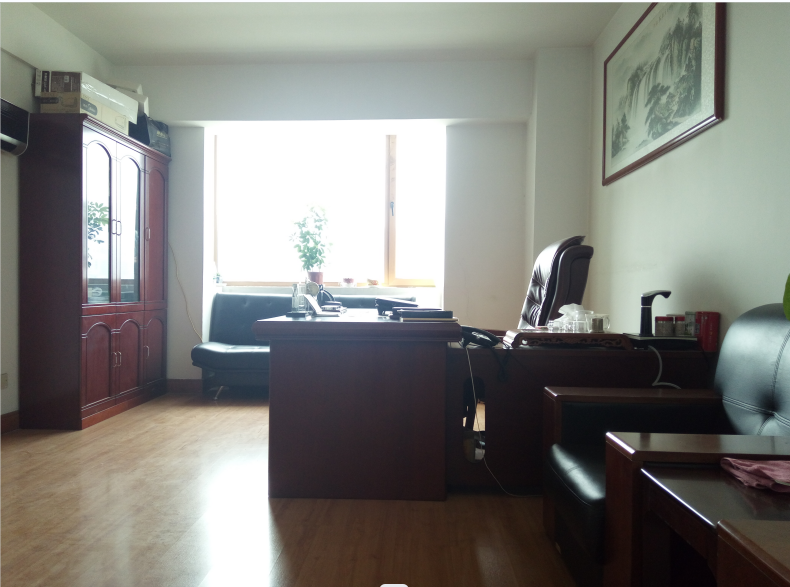
顺行人力网站二维码
人力资源系统性风险是指由于市场、行业、区域、政策,自然灾害以及其他国内外环境等因素的影响和变化,导致人力资源开发与管理过程中出现问题与危机。风险的表现形式包括:
Systemic risk in human resources refers to the problems and crises that arise in the process of human resource development and management due to the influence and changes of market, industry, region, policy, natural disasters, and other domestic and foreign environmental factors. The manifestations of risk include:
(1)自然灾害风险。地球可能已经进入一个灾害频发阶段,如地震海啸、旱灾涝灾、火山爆发、病灾雪灾等等,这种风险是不以人的意志为转移,对企业人力资源的风险不言而喻,比如:安排员工跨境工作或出差;
(1) Natural disaster risk. The Earth may have entered a stage of frequent disasters, such as earthquakes and tsunamis, droughts and floods, volcanic eruptions, diseases and snow disasters, etc. This risk is not transferable by human will, and it is self-evident that it poses risks to the human resources of enterprises, such as arranging employees to work or travel abroad;

(2) 经济环境变化风险。公民购买力、利率与税率、经济增长率、通货膨胀水平等方面的不确定性,如本地外资制造业前后的经济环境巨大反差就曾使不少企业人力资源陷入混乱;
(2) Risks of changes in the economic environment. The uncertainty in citizen purchasing power, interest rates and tax rates, economic growth rates, inflation levels, and other aspects, such as the huge contrast in the economic environment before and after the local foreign-invested manufacturing industry, has caused many enterprises to fall into chaos in their human resources;
(3)政策与政治环境风险。政府将更重视宏观政策调控,包括就业促进、创新创业、货币政策、税法变革、反垄断、政府预算规模、政府间关系和环境保护等宏观因素都可能影响企业人力资源管理战略与管理;
(3) Policy and political environment risks. The government will pay more attention to macroeconomic policy regulation, including employment promotion, innovation and entrepreneurship, monetary policy, tax reform, anti-monopoly, government budget size, intergovernmental relations, and environmental protection, all of which may affect the human resource management strategy and management of enterprises;
(4)市场波动风险。劳动力市场资源配置、市场运动规律、劳动力市场需求状态等都存在着不同程度的变化,这类风险在全球经济一体化趋势下也会成为人力资源的潜在威胁;
(4) Market volatility risk. There are varying degrees of changes in the allocation of labor market resources, market movement patterns, and the state of labor market demand. These risks will also become potential threats to human resources under the trend of global economic integration;
(5)技术环境变迁风险。计算机与网络、通讯工程、转基因技术等技术应用及技术标准的变化也会深刻地影响到人力资源问题,举例:从事外包的软件开发公司其技术人员遭遇职业危机的现象;
(5) Risk of technological environment changes. The changes in the application and technical standards of technologies such as computers and networks, communication engineering, and genetically modified technology can also profoundly affect human resource issues. For example, the phenomenon of technical personnel in software development companies engaged in outsourcing facing occupational crises;
(6)社会文化环境风险。社会、文化、人口和地理位置因素左右着人们的生活、劳动和消费方式,管理者应该清醒认识到社会文化环境变迁的特点,分析它对企业人力资源可能产生的影响。
(6) Social and cultural environmental risks. Social, cultural, demographic, and geographical factors influence people's way of life, labor, and consumption. Managers should be aware of the characteristics of social and cultural environment changes and analyze their potential impact on enterprise human resources.